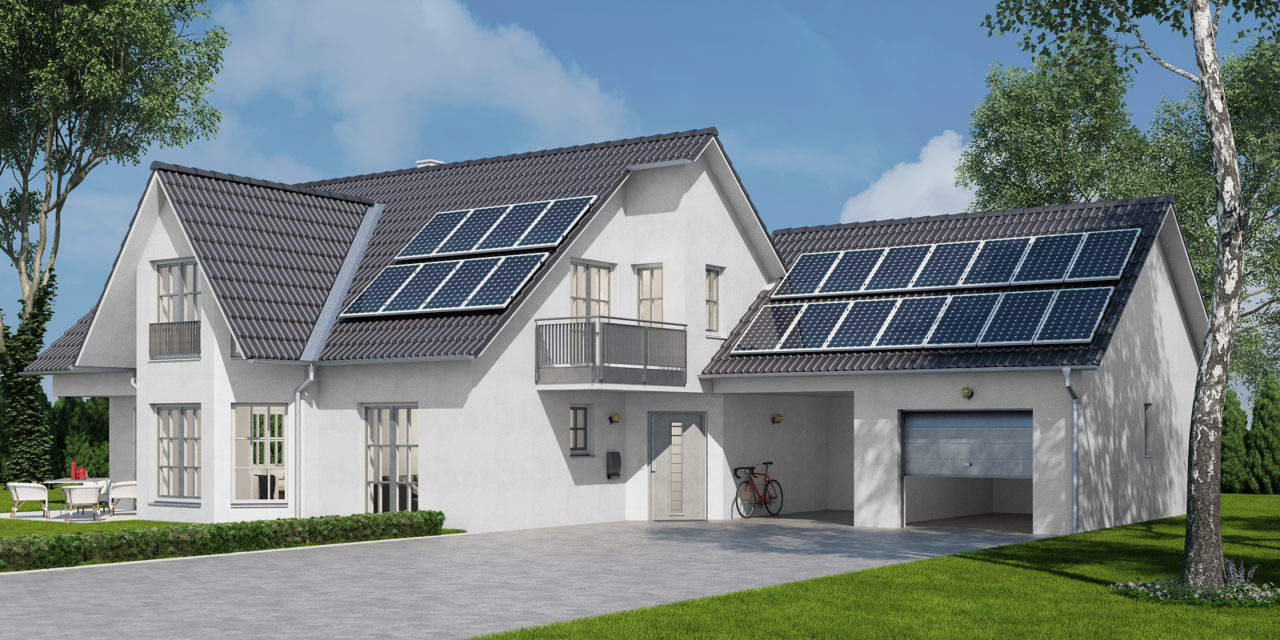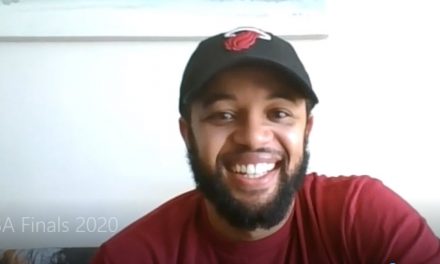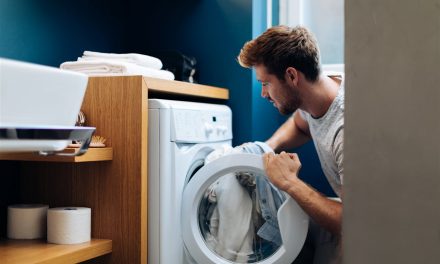“If you are upset that ComEd is attempting to fight the law in court to exclude municipal and rural cooperative customers from state funding opportunities for solar, there are actions you can take to make a difference. You can contact your State Senator and Representative and ask them to advocate for inclusion by clarifying that solar incentives should be for ALL Illinoisans!”
Story by Hillary LaMontagne, Freelance Writer for Springfield Scene Magazine
Michelle Knox, the owner of WindSolarUSA is concerned about being able to continue to offer uninterrupted, eco-friendly services to her customers. In an interview with her on June 25th, she described the battle to continue to sustain and bring new clean-energy sources to Illinois. On June 18th, industry giant ComEd filed an appeal with the Illinois Appellate Court which could affect the delivery of WindSolarUSA’s services in municipal and cooperative utility territories.
A Brief History of the Future Energy Jobs Act (FEJA)
The FEJA was signed into law by Governor Bruce Rauner in December 2016 in order to afford funding opportunities for renewable development in Illinois to work towards meeting the Renewable Portfolio Standard. The Renewable Portfolio Standard was passed in 2007 with the goal that 25% of Illinois’ electricity portfolio in public utility territories would come from renewable sources by 2025. FEJA is the law that allows Illinois to meet these goals and has three main components:
- The Adjustable Block Program.
- Community Solar, a subset of the Adjustable Block Program.
- Solar for All, a program which provides additional funding for low-income and environmental justice communities. Environmental justice communities are communities where those with criminal records, as well as former foster children, are returning to live.
The funding for these programs is derived from rate payer assessments to ComEd and Ameren customers. It is important to note that ComEd and Ameren are public utilities that are publicly regulated by the Illinois Commerce Commission. Municipal and rural cooperative utilities, however are not publicly regulated. They are independently owned and operated by municipalities or members/boards.
Under FEJA, 15-year contracts are offered to clean energy system owners for the production that their renewable system contributes to Illinois’ Grid System in terms of renewable energy credits. These renewable energy credits (RECS) are both environmentally and fiscally sound saving resources in both areas. If you pause to consider that one REC equals 1000-kilowatt hours of production and a 10-kilowatt residential system generates approximately 13,000-kilowatt hours per year, this system owner would earn about 13 RECS per year. If you multiply this by 15 years, that would be approximately $15,000 worth of incentive before fees are paid in one lump sum once the system is energized and approved by the Illinois Power Agency’s administrator.
In 2015, renewable energy credits became a funding opportunity for solar power. Thus, municipal and rural cooperative utility customers, along with public utility customers have been able to participate in this funding opportunity. The Illinois Power Agency was assigned to govern the rules for the implementation of FEJA and did include municipal and rural electric utilities in the funding opportunities in their initial rules.
ComEd Fights Against FEJA
In February, ComEd filed an exception with the Illinois Commerce Commission stating that municipalities and cooperatives should be excluded, arguing that their customers do not pay into the fund via the rate payer assessment. Ultimately, the Illinois Commerce Commission ruled for inclusion for municipalities and cooperatives unanimously. ComEd proceeded to file an application for rehearing with the Illinois Commerce Commission, which was denied by the Commission on May 17th. ComEd was given 35 days from that denial to file an appeal with the Illinois Appellate Court and filed on June 18th. ComEd’s legal efforts to thwart FEJA seem contrary to a statement on their website which reads, “We, at ComEd, are thrilled to be part of this clean energy revolution and know Illinois’ future is bright.”
As a result of this appeal, solar development will be stifled in the Central and Southern Illinois regions, including in our capital city, primarily due to uncertainty as to how long the case will remain in the Illinois Appellate Court. Twenty-five percent of customers in these regions are serviced by municipal and rural electric utilities. The effects of this are wide-reaching. Solar development businesses and their customers are left to ponder as to whether or not to proceed with their projects in territories serving municipalities and cooperatives. In addition to their investments of time and money to go green, their efforts have also led to the creation of new jobs. The economic impact to Central and Southern Illinois regions that were counting on jobs for those in installations, technical sales, and administrative staff positions is now in limbo.
How You Can Make a Difference
You may have noticed that the third component of FEJA referenced earlier entitled, “Solar for All.” If you are upset that ComEd is attempting to fight the law in court so that they have sole propriety to solar power solutions, there are actions you can take to make a difference. You can contact your State Senator and Representative and ask them to fight on your behalf. Additionally, you can contact ComEd and let them know that you support the solar industry and are concerned about the effects that their legal battle will have on the environment, as well as Illinois’ economy.















